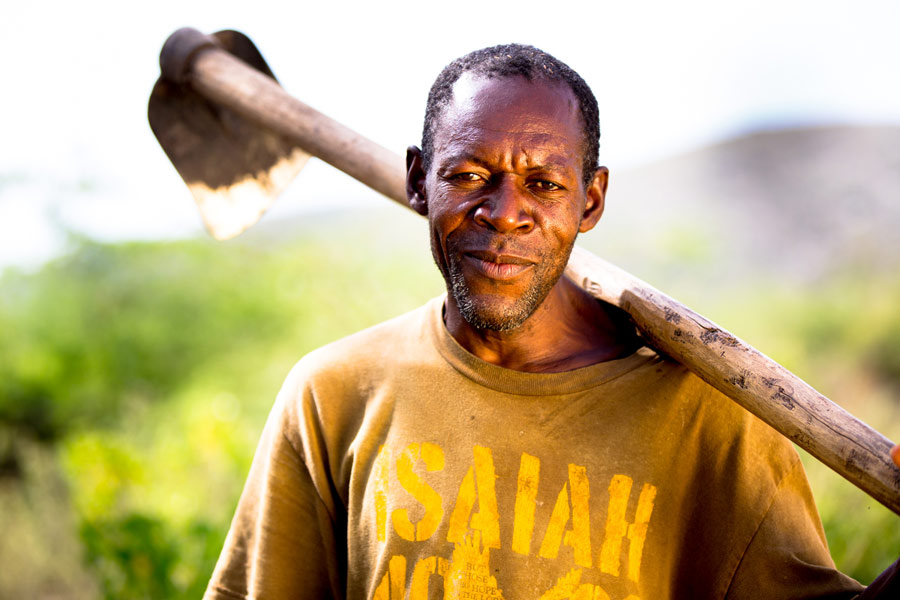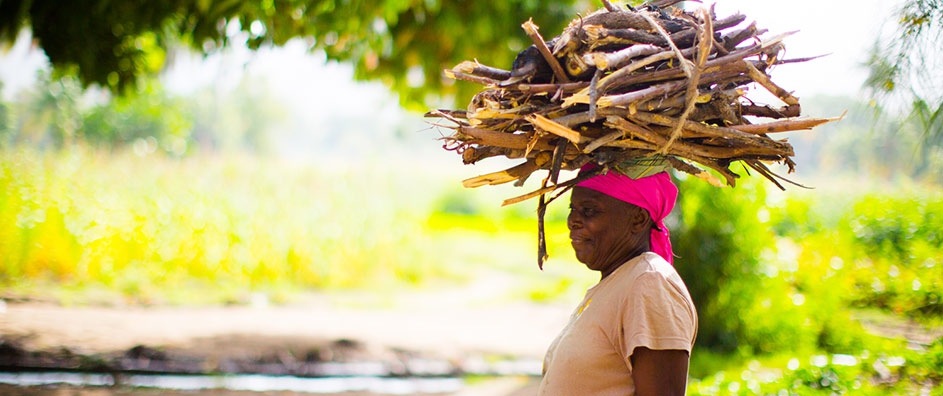The views expressed in our content reflect individual perspectives and do not represent the authoritative views of the Baha'i Faith.
Here at BahaiTeachings.org, as you might expect, we spend most of our time and effort exploring and explaining the teachings of the Baha’i Faith. But what about the results of those teachings?
Religion, the Baha’i teachings say, only benefits humanity when it produces the real results of amity, unity and love:
Religion must be the means of good fellowship and love. It must upraise the standard of harmony and solidarity. If religion is conducive to hatred and enmity, irreligion is better, because such pseudo-religion gives no result, nay rather its existence is harmful to the welfare of the body-politic.
God has founded the religions so that they might be the bond of amity and mutual association between the people. – Abdu’l-Baha, Star of the West, Volume 3, p. 54.
So, several readers have asked, what do the Baha’i teachings and principles really produce and generate in the real world? How do they demonstrably “upraise the standard of harmony and solidarity”? What do Baha’is around the world actually do to create that “bond of amity and mutual association between the people”?
This extended sequence of articles will attempt to answer those vitally important questions.
Projected to extend throughout the coming Baha’i year—which begins today, on March 20th, the day of the Vernal Equinox—these “What Baha’is Do” essays will examine the global Baha’i efforts to bring about a unified, harmonious and peaceful world. They will try to illustrate, through the stories of both Baha’i individuals and institutions, the actual attempts, achievements and accomplishments of the global Baha’i community. They will look into the real deeds the Baha’is have planned, performed and executed; and attempt to assess the impact of those deeds on humanity.
We’ll start, in this first series of essays, with the most fundamental and the most necessary of all human activities—growing and producing food.
Many people in developed nations now think of agriculture and intensive animal husbandry as largely mechanized activities, dominated by big corporate entities that run huge industrial-scale farming operations. That trend, however, has only existed for a short period of our history. To get a sense of the history of farming and its development, think about it this way:
- Before humans began to farm for food 9,000 years ago, hunter-gatherer cultures fed a global population of approximately 6 million people.
- Three thousand years ago—long before the time of Christ—primitive agriculture had developed sufficiently to feed a growing world population of 60 million people.
- By the mid-1700s, intensive agricultural methods had increased yields sufficiently to feed 600 million people.
- Today, industrialized agriculture attempts to feed 7 billion people.
In modern times, the world’s exponential growth in population has redefined farming. Between 1700 and 1980, the total area of cultivated land worldwide increased almost 500%–while the number of people involved in farming decreased dramatically, particularly in developed countries, where we mechanized and industrialized our agriculture.
But this industrialized agriculture, despite its efficiencies and the amount of food it can produce, has had massive and troubling impacts on the Earth. It now uses huge amounts of energy, water and chemical agents like herbicides, pesticides and fertilizers; and contributes to environmental degradation globally. Many experts believe that the current model of industrial ag cannot be sustained for much longer.
So what’s the answer?
A dedicated group in Haiti, co-founded by a Baha’i and a Christian, believe the answer lies in smallholder farming. Their inspiration draws on both faith traditions, including the spiritual solutions to the world’s economic problems outlined by the Baha’i teachings:
The question of economics must commence with the farmer and then be extended to the other classes inasmuch as the number of farmers is greater than all other classes, many many times greater. Therefore, it is fitting that the economic problem be first solved with the farmer, for the farmer is the first active agent in the body politic. – Abdu’l-Baha, Extract from a Tablet to an individual believer, October 4, 1912, translation corrected in the World Centre, December 1985.
Despite industrialized agriculture, the world now has 500 million smallholder farms and the people living and working on those farms totals two and a half billion—fully a third of the planet’s population. While many farm at a subsistence level, most raise enough to barter or sell a portion of their crops. And while the majority raise their crops organically, although by default rather than by design, their yields are significantly below capacity because they have received no training or technical support for more than half a century.

One of Smallholders Farmers Alliance farmers in Haiti
Wouldn’t it be remarkable if we could bring those smallholder farmers together, organize the huge number of people involved, and help catalyze the resources to assist them to double or triple their farms’ yield? And what if we could do that while maintaining, preserving and even expanding the forests that surround and sustain those farms? One Baha’i activist named Hugh Locke has successfully applied that Baha’i-inspired model in Haiti:
In Haiti we realized that this entire forgotten group of smallholder farmers could become a self-financing army of rural transformation, especially if women are allowed to take a leading role. The traditional pattern of development assistance—rich countries giving money to help developing countries—tends to be very prescriptive and, at higher levels, reinforces existing patterns of corruption and inefficiency. Instead, the real people who have potential are rural communities of smallholder farmers. They are largely outside of the influence of industrial ag, by default are mostly organic, and have the potential to leapfrog into becoming significantly more productive organic farmers. Not only do they have the capacity to grow significantly larger quantities of food, they can do it without adding to global carbon emissions.
Locke’s Haitian non-profit organization, called The Smallholders Farmers Alliance, dedicates its activities to rural transformation. In the next essays in this series, we’ll examine how the SFA and its Baha’i Faith principles have improved the lives of thousands of Haitians; and how its newly-developed global reach will soon spread around the world.
You May Also Like
Comments

















I really look forward to seeing the rest of your series about the SFA in Haiti. (Speaking of Haiti, my other friends who are working with smallholder farmers there are focusing on the whole value chain, to avoid the problem of producing lots of extra food and having trouble selling it for a fair price...)
I celebrate the way you start your article: We're Bahais - so what?! What difference does it make in our lives and those of people around us?
Did I mention I am really looking forward to the rest of this series?
Thanks, ...
Sam